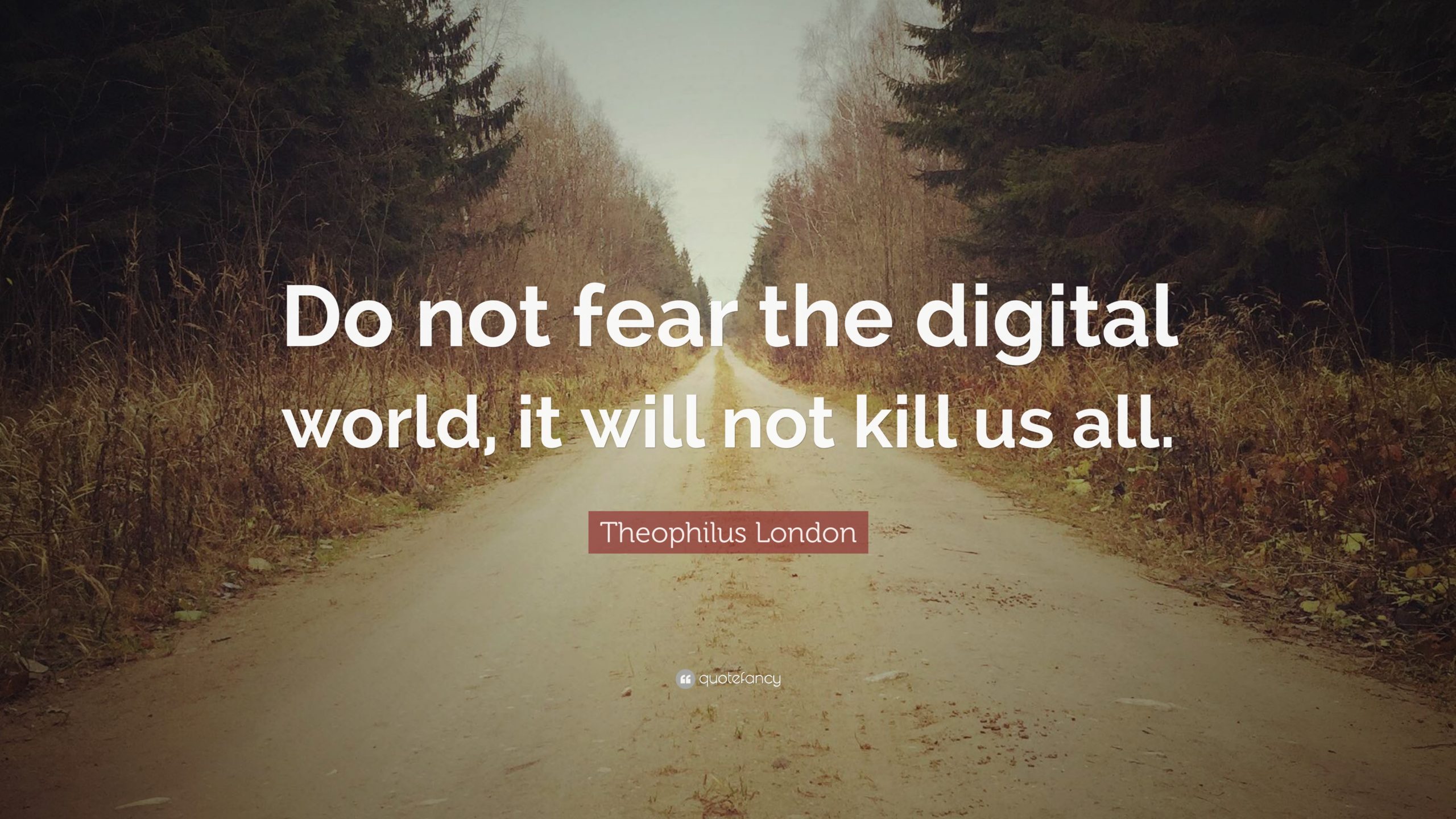
I find it interesting to watch behaviours online. For example, I sometimes get an email saying, “please take John Doe off your subscriber list”. I’m sitting there saying just unsubscribe. There’s a link on the distribution email clearly saying unsubscribe here. How come they don’t get it?
I got a phone call the other day from an elderly man. He said have I really won £1 million with The Finanser’s lottery? I said no, and explained it’s a scam.
A text message arrived saying a package was being delivered and to enter my info. I didn’t but hey, it would be easy to be fooled.
What is amazing is that people are so poor with technology and easily suckered.
What’s not amazing is that people are so poor with technology and easily suckered.
This then gets difficult as banks are offering all of their service via technology and trying to close branches and physical services, whilst some customers are languishing in a void of online chaos.
Sure, yes, I may be the most digital guy out there but, when it comes to money, I’ve always argued that we need physical access. We will always need branches and human contact. It’s because money is part of psyche, it’s not just a construct.
According to Statista, the share of population using digital banking in the United States was about 61 percent in 2018, rising to 65.3 percent by 2022. But what does that mean? They registered online? They downloaded an app? They use the service? They’re a digital banking customer?
For example, interestingly, only 57 million Americans use mobile banking. There are around 210 million adult Americans, so that’s around a quarter who use mobile banking. Not two-thirds, but a quarter. Which means three-quarters of American adults don't trust mobile banking. This statistic is pretty consistent with the UK. Finder found that:
- Over a quarter (27%) of British adults have opened an account with a digital-only bank, equating to 14 million people (2021), which means that 3 in 4 have not.
- This means 3 times more Brits have a digital bank than in January 2019 (9%), but still only a quarter of people who have opened an account but not necessarily using it as their main account.
- By the end 2021, 38% of Brits either will have or intend to have a digital only bank – equal to almost 20 million Brits which is fine but, again, are they using it as a transactional account, a lifestyle account or as their main financial relationship?
- 4 in 5 (80%) use some form of online banking in the UK, which means that 1 in 5 do not.
- Just over 1 in 10 Brits (12%) have fully switched to a digital-only bank, which means that 9 out of 10 have not.
- Nearly half (47%) of those who use them keep less than £1,000 in a digital bank, in 2019, which means it is not a primary account; it’s a spending account;
- Two-thirds of banking customers say they plan to convert fully to a digital bank in the future and yes, sure, life is what happens when you’re busy making other plans.
What I find interesting in all these stats, and it’s rarely discussed, is how people feel about these things.
What is the emotion they have? How do they trust these services? What sits under the stats?
Sure, most folks feel they can trust their banks’ app or online service, if it’s from their trusted bank. Their bank that has a branch. Their bank that has a license to thrill.
But what if that bank was just a pop-up scam? An emailing bank that says you’ve just won the lottery? A bank that texted me saying click here?
As we transition from physical to digital, there is still a strong reason to remain physical. Physicality creates relationships and trust. This is something we forget as enthusiasts of all things online, yet it must be remembered.
Trust is built through access, and that’s why I keep coming back to omniaccess. It’s not omnichannel – adding tech to our core services – it’s omniaccess – offering digital access to all of our services, augmented by humans.
That last part is the most critical part when it comes to money. We need to have someone to sort out when the machines go wrong. That’s what many challengers get wrong, and where those who know the relationship game get it right.
It’s a balance between humanity and relationships, and digitality and transactions. There’s the rub. It’s not one or the other. It’s both.
Chris M Skinner
Chris Skinner is best known as an independent commentator on the financial markets through his blog, TheFinanser.com, as author of the bestselling book Digital Bank, and Chair of the European networking forum the Financial Services Club. He has been voted one of the most influential people in banking by The Financial Brand (as well as one of the best blogs), a FinTech Titan (Next Bank), one of the Fintech Leaders you need to follow (City AM, Deluxe and Jax Finance), as well as one of the Top 40 most influential people in financial technology by the Wall Street Journal's Financial News. To learn more click here...

